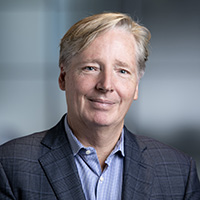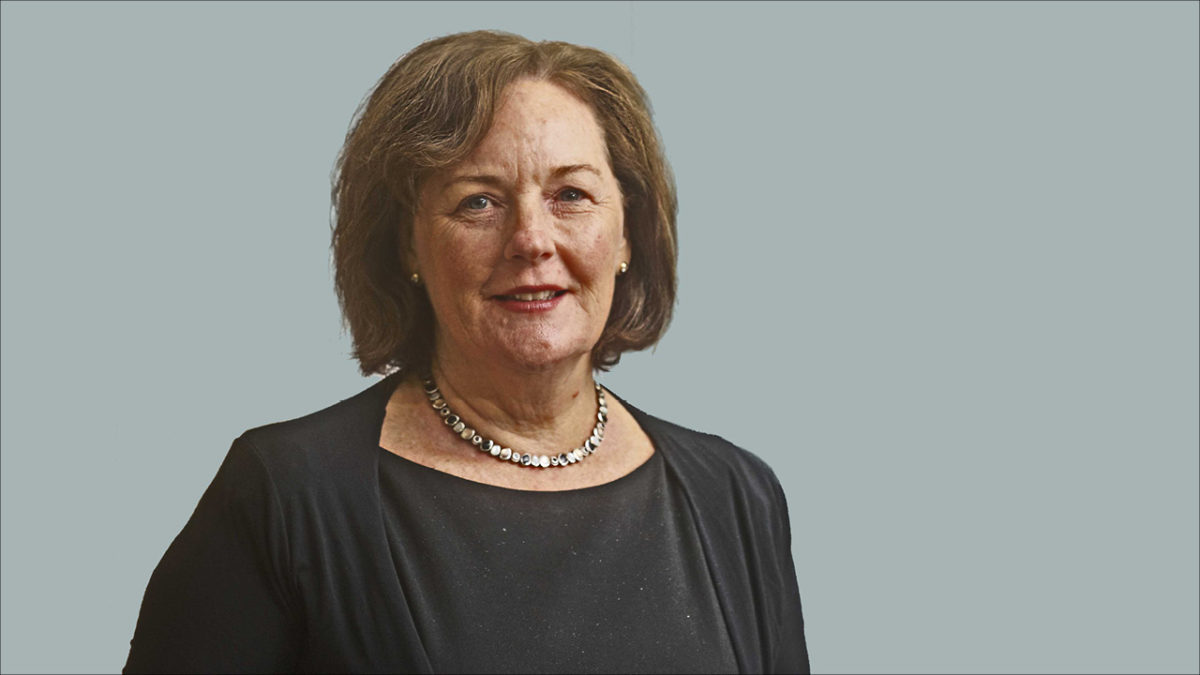… as super ‘overdone’ – Ralston tells SMSF advisers
The switch in focus to retirement incomes, ahead of the introduction of the Retirement Income Covenant, was evident at the annual SMSF Association conference last week. Deborah Ralston said: “Super has been a bit overdone”.
Ralston, one of the panellists on the Government’s Retirement Income Review (RIR), which handed down its report in July 2020, said in a recorded panel session during the conference (February 16 and 18) that the RIR had had a “pretty positive response from the public”. It was frustrating, however, she said, that there was so much focus on super, that it “takes the oxygen out of the room”. She noted that the debate on whether or not the SG should be increased to 12 per cent as previously legislated was “very polarised”.
The session, chaired by Peter Burgess, the association’s deputy chief executive, included: Jeremy Cooper, the executive chair of retirement for Challenger and a former chair of his own Government inquiry; Bernie Ripoll, another former inquiry chair, for the Labor Government in which he was parliamentary secretary to the Treasurer; and, Robin Bowerman, the SMSF Association chair and head of corporate affairs for Vanguard.

While each of the panellists mentioned the raging debate over the SG, only Jeremy Cooper voiced an opinion on its level. He said: “For me, 9.5 per cent seems to be enough for most people and if it isn’t it’s because people are using the savings built up efficiently in retirement.” He said this had two limbs:
- There was an enormous amount of capital built up in the family home. The RIR was “just brimming” with information on the importance of owning a home. “A lot of people sit on that capital,” and
- The nest-egg problem: people adopt the same behaviour as they did during the accumulation phase, aiming to build more and more wealth. As the RIR reported, the Retirement Income Covenant (initially suggested in 2018) would impose duties on trustees to encourage better use of capital.
Cooper added that reverse mortgages represented a possible solution. They had been very successful in the UK, but Australia did not have an inheritance tax (unlike the UK). “People think differently about it then… As Paul Keating said – ‘eat your home’.”
The nest egg provided comfort for many people too, buffering fears of late-in-life expenses which, for most people, were unfounded, he said. Health and aged-care costs were largely dealt with by the Government. “But it will be difficult to disabuse people of that.”
Cooper said it would also be difficult to force people into certain types of products in their retirement. “We’ve pulled the compulsion lever once… I think the funds are going to have to get in there and encourage and educate… We are dealing with deep-seated behavioural issues.”
Bernie Ripoll, the former politician, said that by merely mentioning the possibility of a tax on one’s home or inheritance taxes “could get you hung drawn and quartered in some circles”. He complemented the RIR for having the courage to discuss those issues.
“One of the things that must come out of this in the Government, and in my view, it should be the whole Parliament, is it needs to debate the issues,” he said. “But let’s not kid ourselves. There’s a really big divide.” He said the RIR was a first step – “page one in the debate” we needed to have in Parliament.
On the SG, Ripoll said he was unsure what the number should be. “Whoever I speak with seems to think it should be more,” he said.
Robin Bowerman said that if the legacy of the RIR’s report in 20 years’ time was that we were talking about the retirement issue rather than the superannuation issue, then “I think we have done an amazing job”.
He said the debate was a political minefield and there would be friction and opposition all the way through it. “It goes beyond the level of the SG,” he said.
He added his voice to the call for more accessible advice. “People need good affordable advice that’s appropriate to their needs. ASIC has a review or consultation underway looking at how to narrow the advice gap. The advice industry should be booming but it’s not. We have the banks exiting and we have advisers exiting the industry.”
The SMSF Association annual conference traditionally vies with the ASFA conference as the largest on the super industry’s calendar. This year, the virtual event for SMSFs had more than 1,200 registered attendees across the two days. A big advantage of virtual events is their ability to record sessions for later viewing and to mix up live sessions with pre-recorded ones.
John Maroney, the association’s chief executive, said the conference exceeded expectations, with most of the attendees watching the two full days, including the deep technical sessions. Recordings are available for viewing until early April.
Maroney said: “We were very excited to exceed the 1,000-mark given the inherent limitations of virtual conferences compared to our more traditional format. We received very positive feedback from most of the partners who experienced a steady flow of interactions and visits from the delegates.”
He said the organisers were also very pleased with the messages received from both Senator Jane Hume and Shadow Minister Stephen Jones and also the speeches delivered by ATO commissioner Chris Jordan and ASIC commissioner Danielle Press.
Next year’s conference, hopefully back to traditional presentations, will be in Adelaide, where this year’s CMSF conference is due to be held in May.











